# indiatax
12 posts in `indiatax` tag

Act Now: Aadhaar-PAN Linking Deadline is December 31, 2025
Link your PAN with Aadhaar by December 31, 2025. If you miss the date, PAN goes inoperative from January 1, 2026, stopping ITR filing and blocking refunds. Pay 1,000 on the e-Filing portal and link now. Some groups are exempt.

Foreign Assets Alert: Avoid Heavy Penalties by Updating Returns
The Income Tax Department has warned about 25,000 taxpayers to review and revise AY 2025-26 returns for foreign assets and income by December 31, 2025. Non-reporting can lead to a 10 lakh fine and up to 300% penalty. Last year’s drive led to major disclosures. Act now to stay compliant.
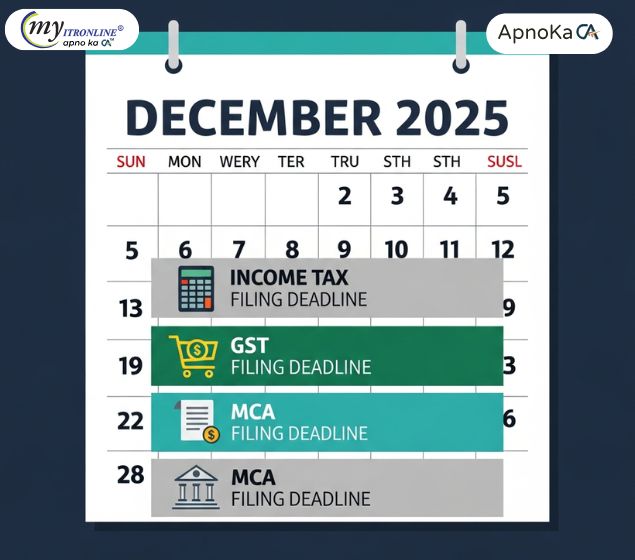
December 2025 tax due dates: simple tracker for businesses and individuals
December is a crucial month for Indian taxpayers. This tracker lists the key dates for Income Tax (ITR, Advance Tax, TDS), GST (GSTR-1, IFF, GSTR-3B), and MCA filings, plus PF/ESI and TDS statements. Mark these deadlines to avoid late fees, interest, and ITC issues.

Seven Years in Jail for Two PAN Cards: A Tax Evasion Warning
A recent court judgment has made it clear that holding more than one PAN card is no longer just a minor issue with a 10,000 fine. In a high-profile case, two individuals were sentenced to seven years in jail for possessing duplicate PANs, one of which was forged. The ruling shows that when a second PAN is linked to fraud or forgery, it becomes a criminal offense under the IPC. Taxpayers with duplicate PANs must act quickly and surrender the extra card to avoid severe legal consequences.
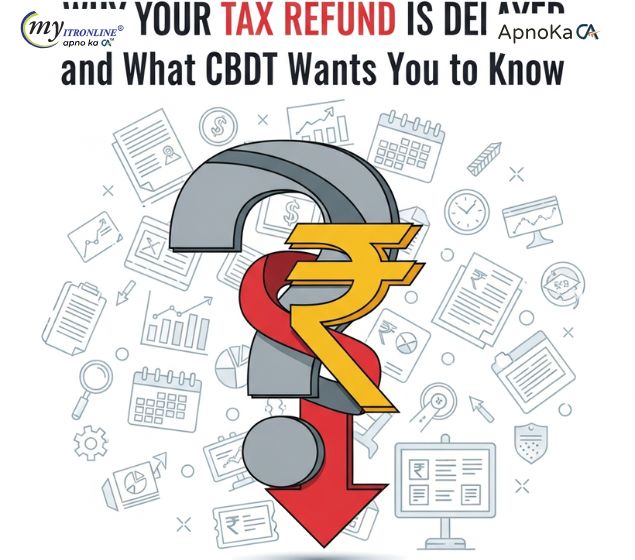
Why Your Tax Refund Is Delayed and What CBDT Wants You to Know
Many taxpayers are waiting for refunds, especially where the refund is large. The Central Board of Direct Taxes (CBDT) is closely checking high-value and flagged returns to stop fake claims and tax cheating. This guide explains the main reasons for delays, which cases get compulsory scrutiny, and simple steps you can take now to clear your refund faster.

Tax Alert: Got an Income Tax Notice for Buying Property in Wife’s Name? Here’s What to Do
Buying property in your wife’s name can trigger an Income Tax Notice. This guide explains the spouse exemption under the Benami Act, how Section 64 clubbing works, and the exact documents and steps to respond. Act fast, stay transparent, and keep your paperwork ready.
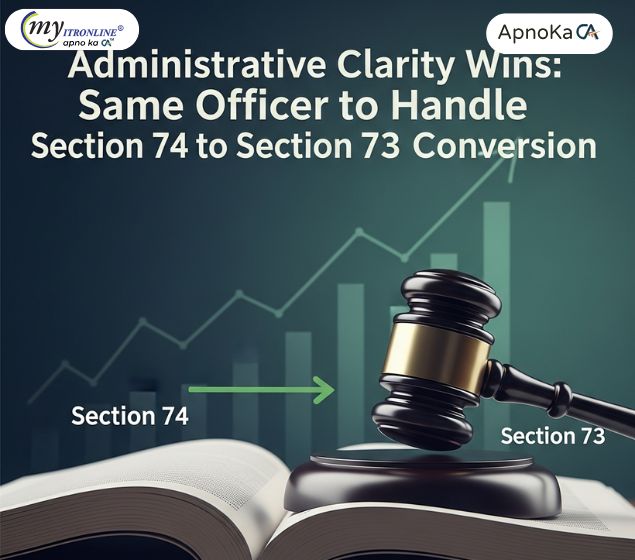
Administrative clarity wins: Same officer to handle Section 74 to Section 73 conversion
The CBIC has clarified that when a GST case originally issued under Section 74 is converted to Section 73 following an appellate or court order, the same original adjudicating officer remains the Proper Officer for re-determination under Section 75(2). This avoids jurisdictional transfers, maintains consistency, and supports timely compliance with the two-year limit under Section 75(3).
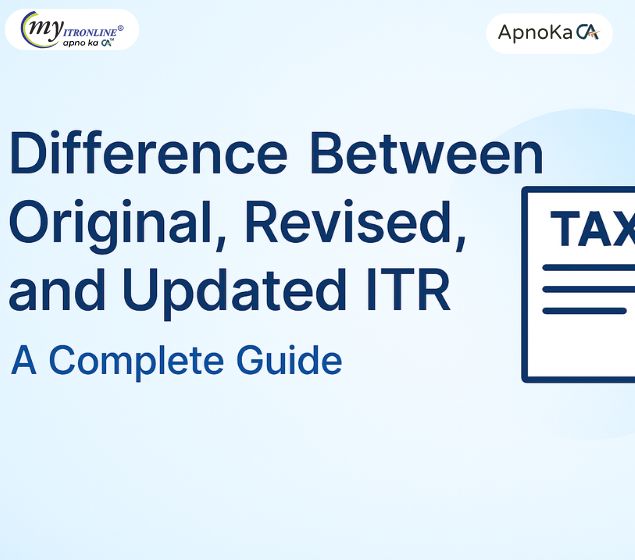
Difference Between Original, Revised, and Updated ITR A Complete Guide
This blog explains the differences between Original, Revised, and Updated Income Tax Returns (ITR) in India. It covers filing timelines, applicable sections, fees, and practical examples to help taxpayers choose the right return type and avoid penalties.
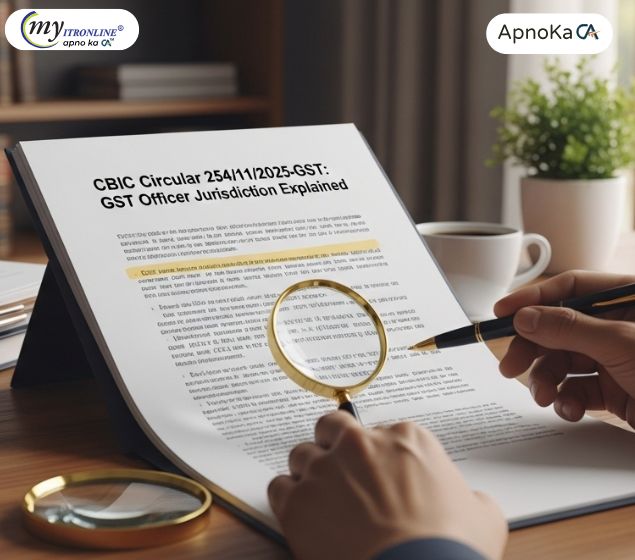
CBIC Circular 254/11/2025-GST: GST Officer Jurisdiction Explained
CBIC has issued Circular No. 254/11/2025-GST to clarify which officers will handle GST cases related to tax, ITC, and penalties under the CGST Act. This blog explains the officer levels, monetary limits, and key sections covered, making it easier for taxpayers to understand who will manage their case.
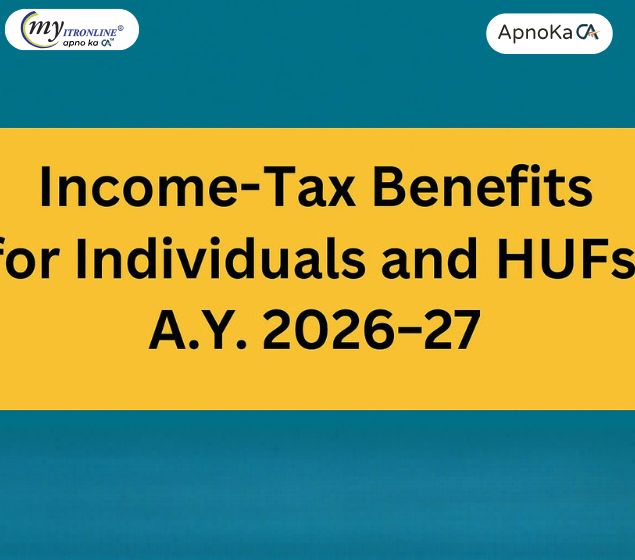
Income Tax Benefits for Individuals and HUFs A.Y. 2026–27
A simplified guide to income tax benefits available to Individuals and Hindu Undivided Families (HUFs) for A.Y. 2026–27. Covers exemption limits, rebates, popular deductions, and simplified tax schemes to help taxpayers plan better and save legally.

ITR Filing Deadline Extended: Relief for Tax Audit Cases
The Gujarat High Court has directed the CBDT to extend the Income Tax Return (ITR) filing deadline for tax audit cases from October 31 to November 30, 2025. This move provides much-needed relief to taxpayers and professionals, allowing more time for accurate filing and reducing stress.
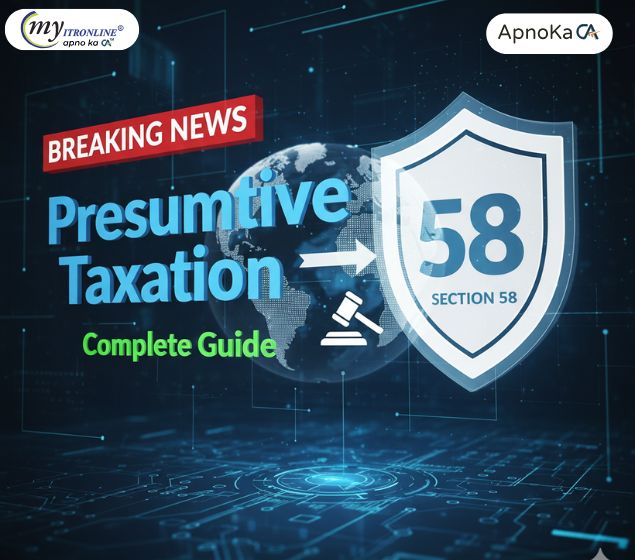
Breaking: Presumptive Taxation Moves to Section 58 - Complete Guide
The Income Tax Act 2025 introduces Section 58, replacing Section 44AD for presumptive taxation of small businesses. This provision applies to eligible assessees with turnover up to ₹2-3 crore, offering simplified tax computation at 6% for digital transactions and 8% for other receipts, or actual profit—whichever is higher. The change promotes digital payments and reduces compliance burden for small businesses while maintaining revenue collection efficiency.
